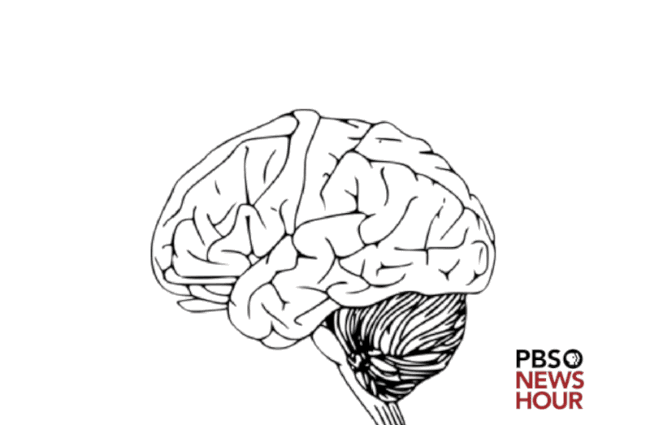Contents
Is it possible to improve the functioning of the brain and take care of its condition throughout life? Neuroscientist Wendy Suzuki believes that this is quite real: exercise improves mood, memory and protects the brain from neurodegenerative diseases, such as Alzheimer’s disease.
From the “lab rat” to a new life
According to Wendy Suzuki, one day she realized that despite her great success in science, she could be called a loser. At 40, she had no family, no close friends, no hobbies. The last straw was rafting down the river, where Wendy realized that her physical form leaves much to be desired – in the boat she was the weakest link. Professor Suzuki decided that she never wanted to feel so bad again and started exercising.
“I turned down the role of a lab rat, a plump middle-aged woman who has achieved a lot in science, but at the same time does not know how to be healthy and happy,” says Wendy. She began to go to all sports classes in a row – from aerobics to yoga – and lost 10 kg. Having introduced training into a habit, at some point she realized that it became easier for her to concentrate on tasks for a long time, and her memory improved significantly.
Sports as a driver of brain development
As a scientist, Wendy was interested in the positive effects of sports, and she decided to focus on studying how exercise improves cognition, memory, and attention.
“It is known that the prefrontal cortex of the brain is responsible for attention and the ability to concentrate,” she says. – And the ability to form new connections and associations is determined by the hippocampus. The increased content of BDNF (a substance responsible for the development of neurons. – Approx. Ed.), caused by exercise, promotes the growth and development of newborn brain cells. Exercise also stimulates hippocampal growth and elevates mood by increasing brain levels of the neurotransmitters serotonin, norepinephrine, and dopamine, as well as the neurohormone endorphin.”
In simple terms, exercise helps to influence those parts of the brain that are responsible for memory and mood. The amount of gray matter and neural connections increases, and the connection between the body and consciousness becomes better. Digging into her research, Wendy realized that regular exercise also protects against “senile dementia”: those who exercise at least three times a week have a 32% reduced risk of developing dementia.
How to play sports to improve brain function?
The next question that confronted the scientist: how often do you need to exercise in order to improve brain function? Based on the knowledge of neuroscience, Wendy has developed an original exercise technique that helps to recharge your batteries, improve mood and increase the intensity of thinking.
According to Wendy, sports should be conscious: “Training becomes purposeful when you do both aerobic (energetic movements) and mental (with affirmations or mantras) exercises. At the same time, full involvement in the movement stimulates a sharper perception of the mind-body connection. Targeted training energizes and elevates mood more than exercise alone.”
About expert
Wendy Suzuki is a neuroscientist and head of a research laboratory at New York University. He is actively working on studying the neurobiological processes that occur in the brain during regular training. Her research has been featured in the bestsellers The Strange Girl Who Fell in Love with a Brain and Healthy Brain, Happy Life. In addition, Professor Suzuki lectures around the world, including at the famous TED site.
This year, Wendy Suzuki will be a speaker at Synergy Global Forum 2018, which will take place on November 26-27 at the Olimpiysky Sports Complex. At her speech, she will tell how sport affects the brain, what is the minimum required physical activity, and share her own training methodology. Details at .










